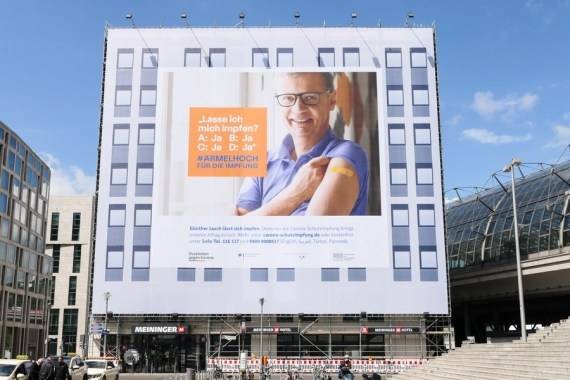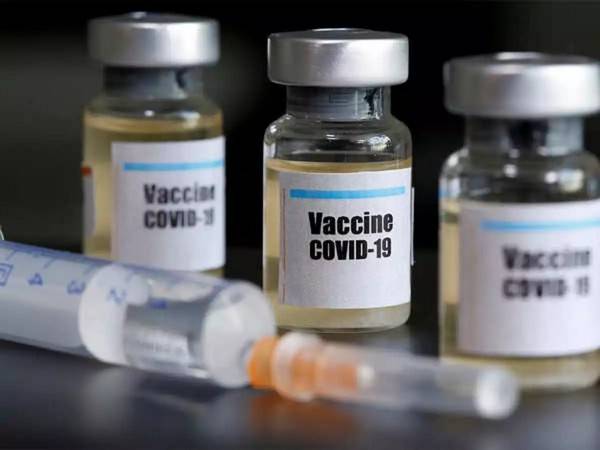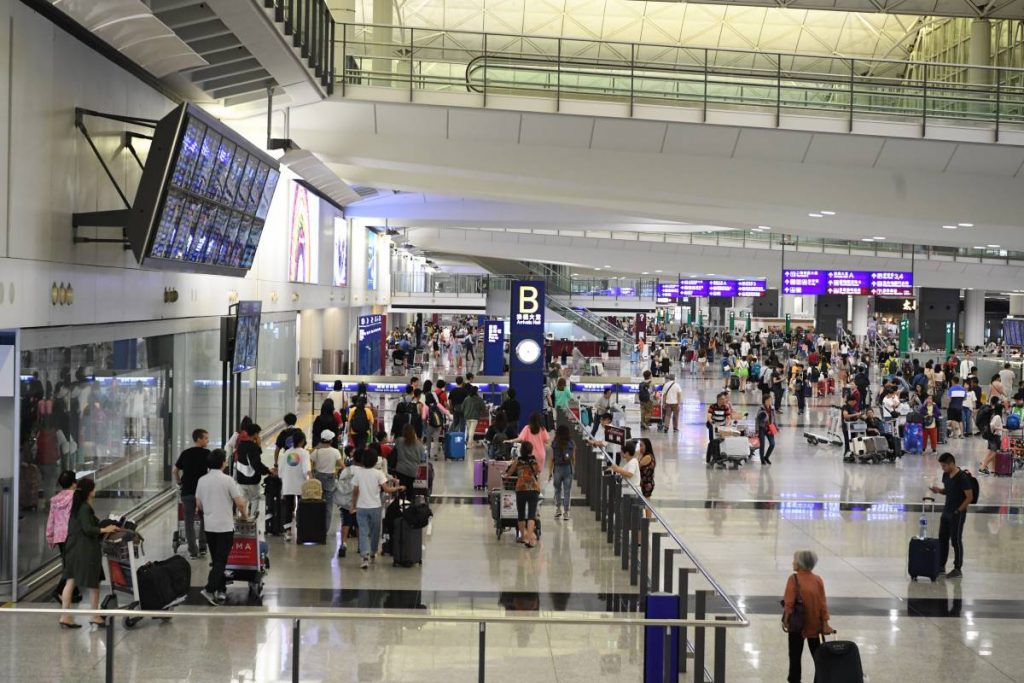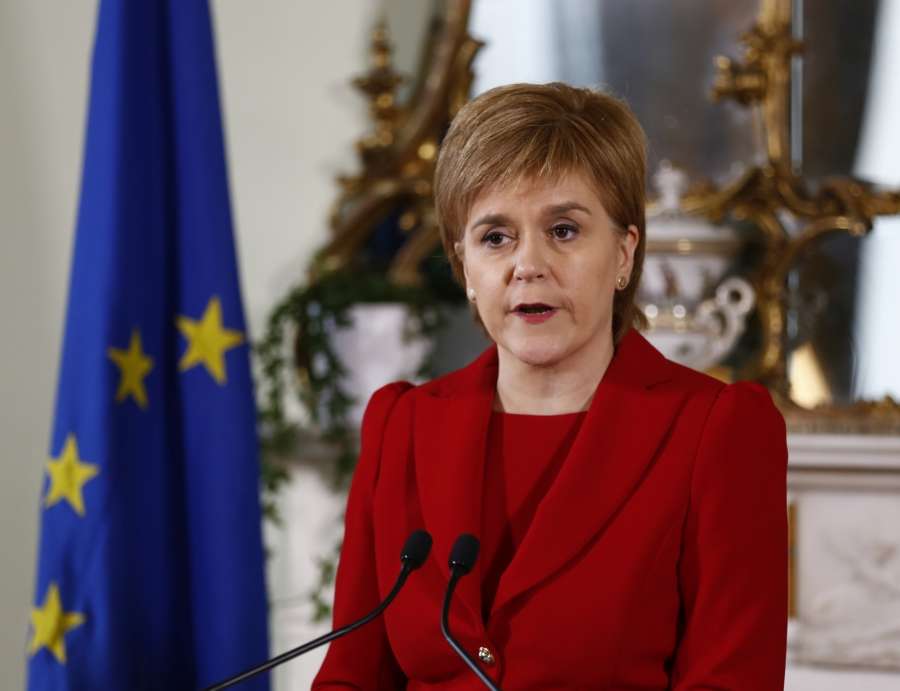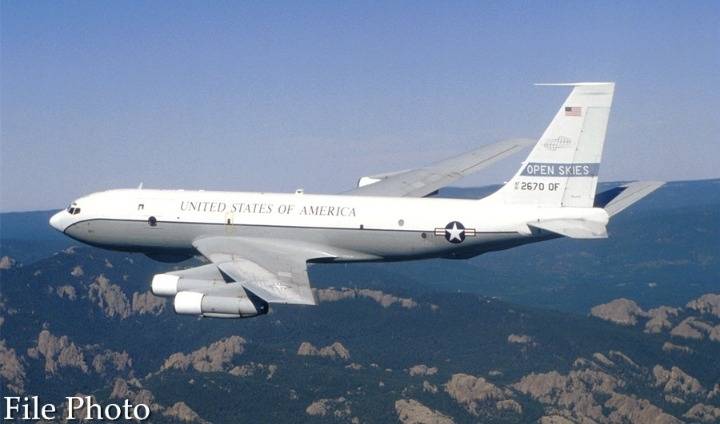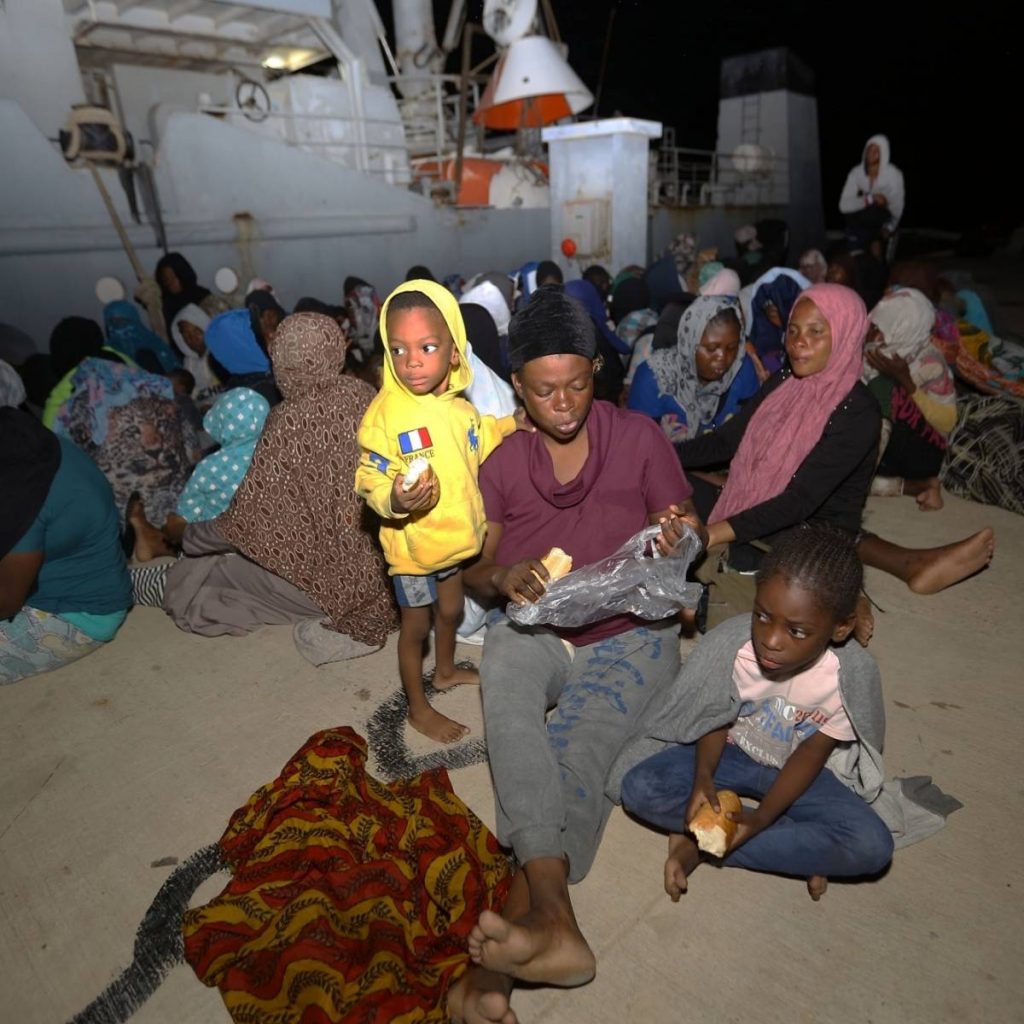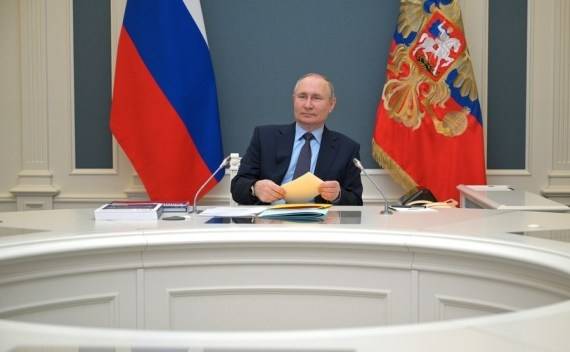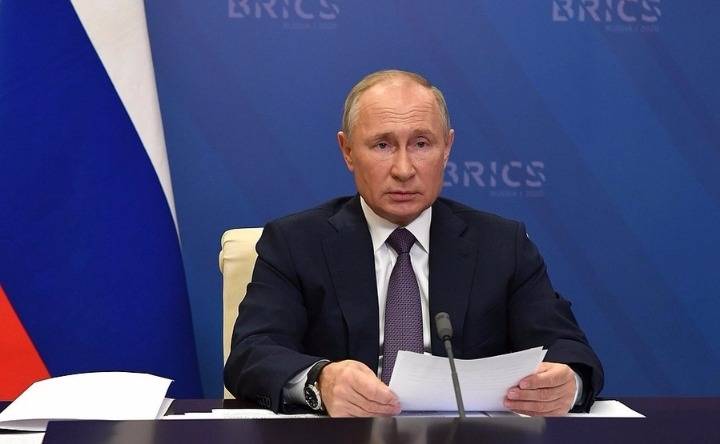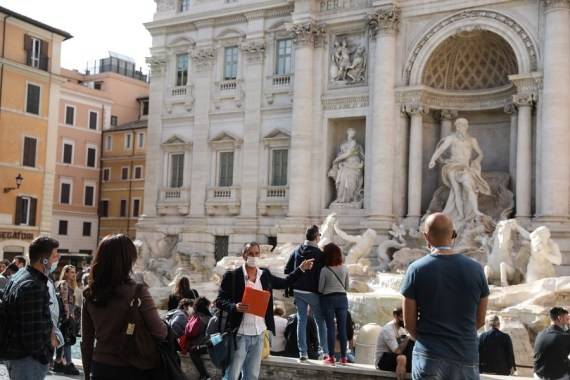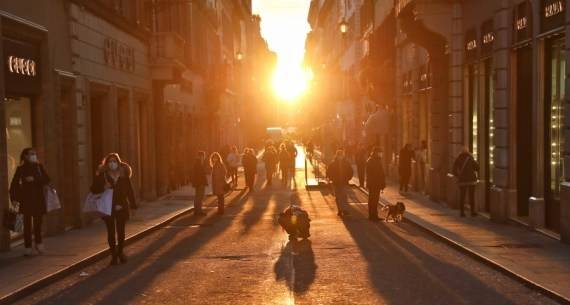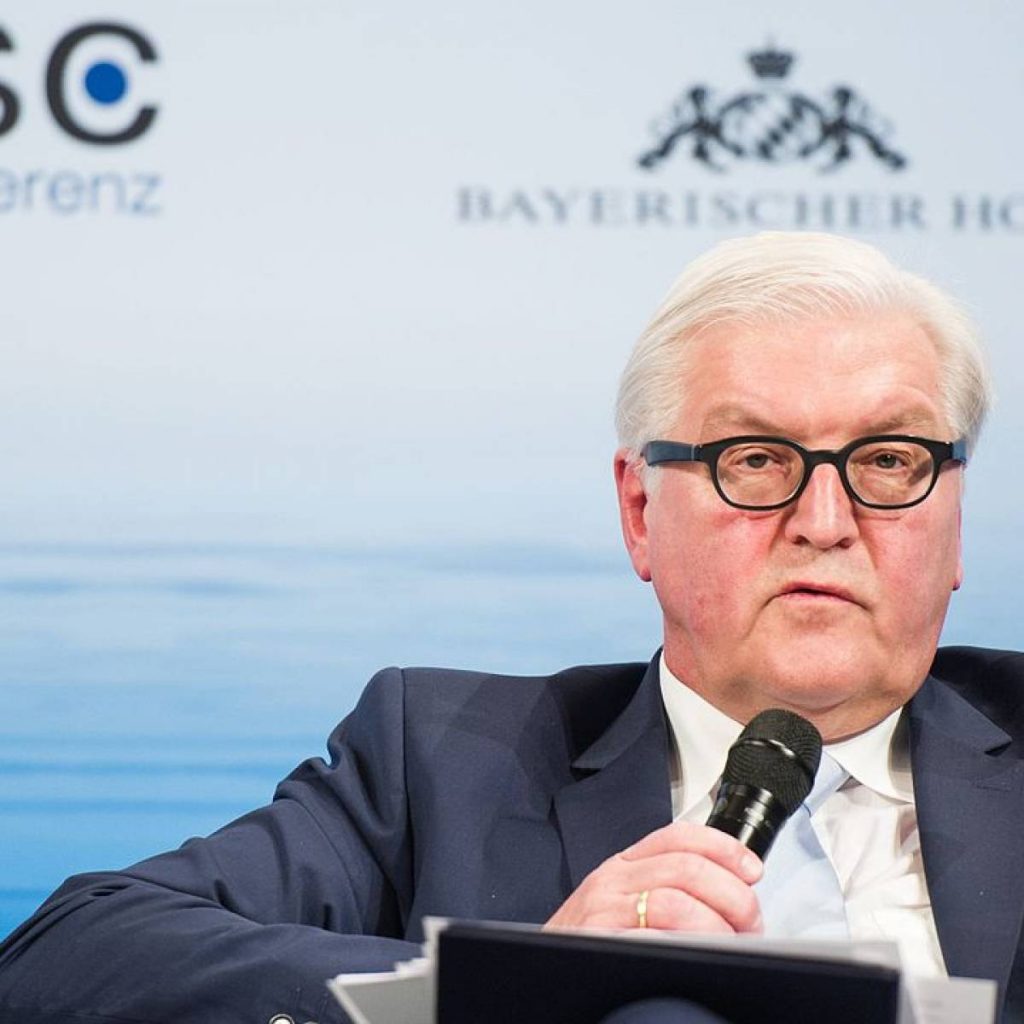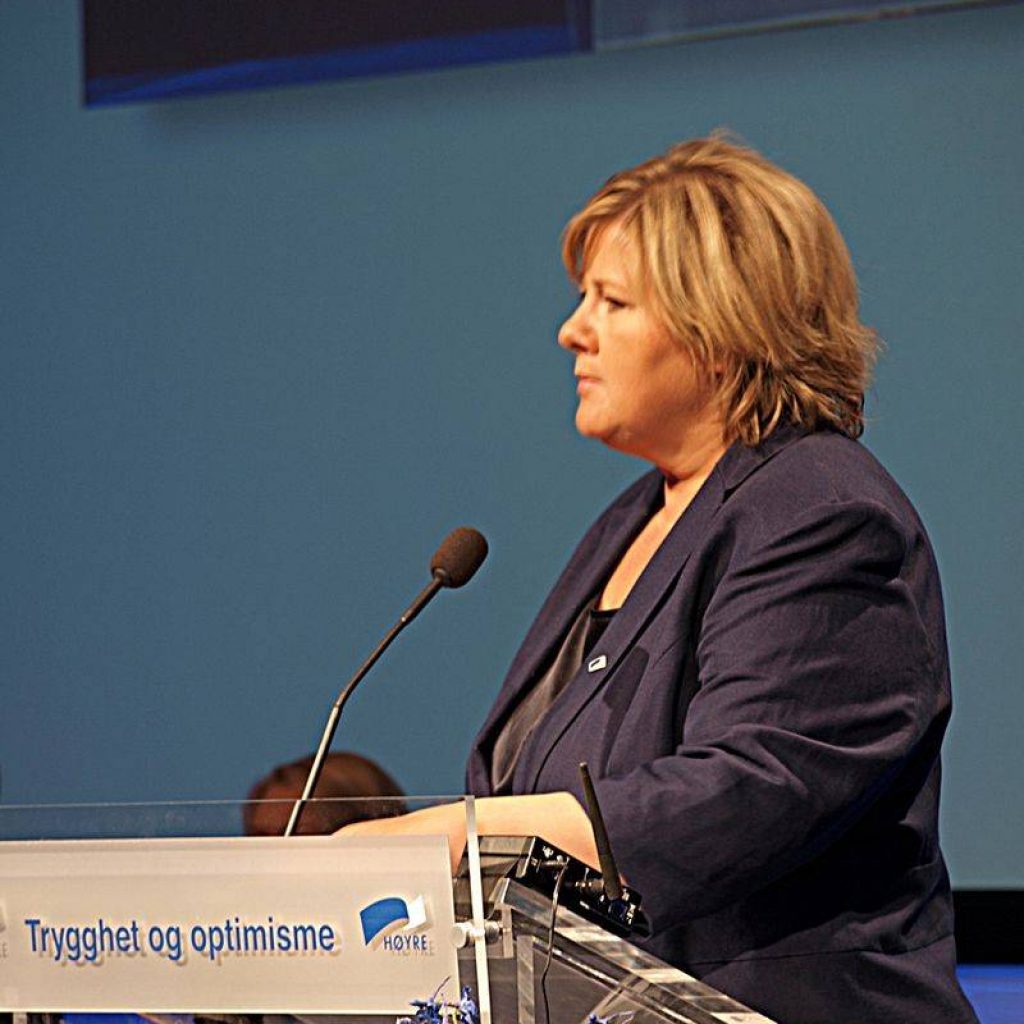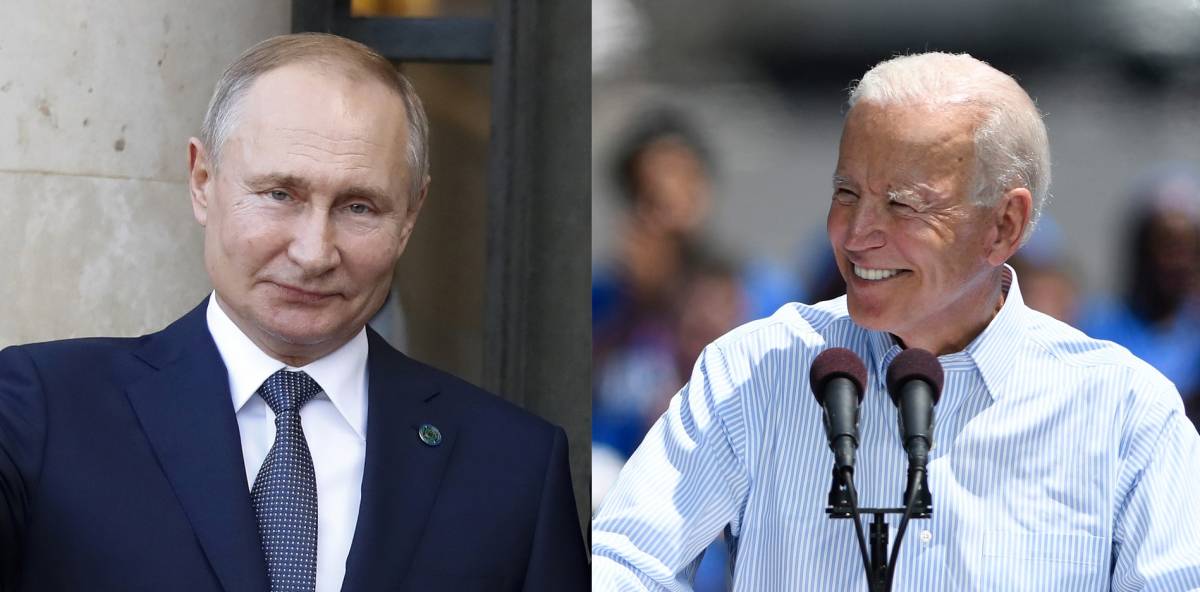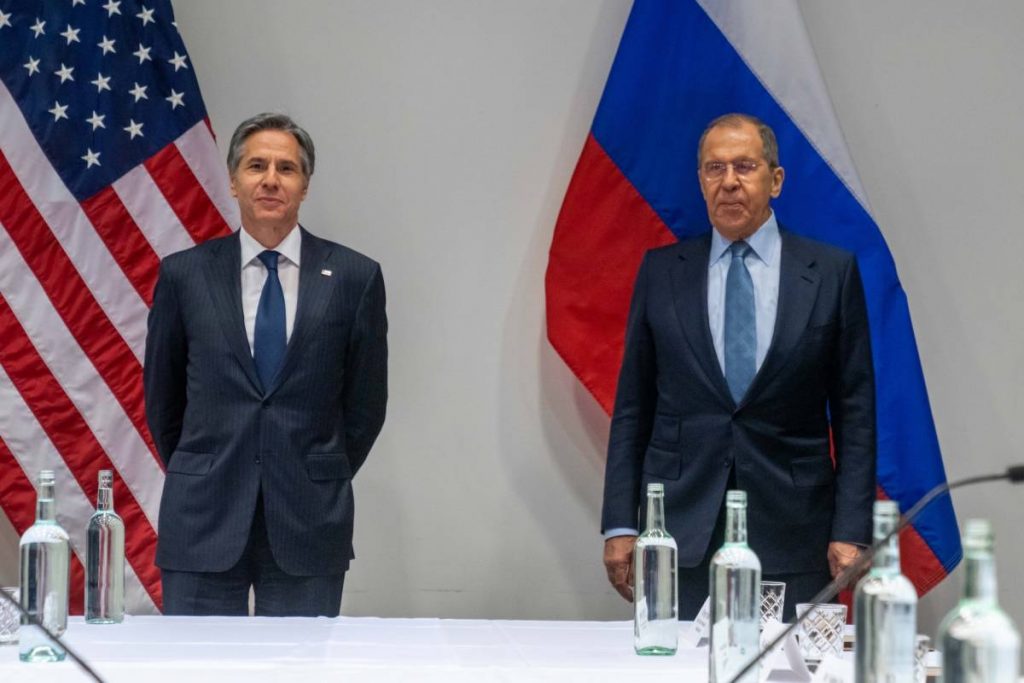Addressing the nation on TV, President Sergio Mattarella stressed the need for Italy and the European Union to be united during difficult times…reports Asian Lite News.
People across Italy marked the country’s 75th national day with scaled-back celebrations due to the Covid-19 pandemic, with the government scrapping the traditional military parades and public speeches.
But Rome’s streets on Wednesday were still filled with people venturing out amid the newly eased coronavirus restrictions, Xinhua news agency reported.
On June 2, 1946, a national referendum created the first Italian Republic, which removed the monarchy that had officially ruled the country since it was unified in 1861.
One of the most recognisable traditions of the day remained unchanged for this year’s celebration: a formation of nine fighter jets trailing green, white, and red smoke — the colours of the Italian flag — soared over the Altar of the Fatherland, the over-sized monument standing over Rome’s main square, Piazza Venezia.
But other traditions including a military parade along the city’s Via dei Fori Imperiali and speeches by political and military leaders were scrapped for the second consecutive year.
Addressing the nation on TV, President Sergio Mattarella stressed the need for Italy and the European Union to be united during difficult times.
“The conception of a common good, more important than any idea since, has led us to be a dedicated part of the European Union, which is an essential element of its own national identity,” he said.
“This terrible experience of the pandemic … has made evident the profound interdependence of the destiny of our people and has shown that the only effective forms of coordination have proved able to defeat it.”

Earlier in the day, Mattarella laid a wreath at the Altar of the Fatherland at Italy’s Tomb of the Unknown Soldier.
The scaled-back celebrations marking the anniversary did not reduce the number of people on the streets of the capital.
“This is a holiday about the new Italy after World War II and this time it also has the feeling about a new Italy after the worst of the pandemic,” said Leo Esposito, a municipal government worker enjoying ice cream with his wife and two young children.
“We are all hoping things will continue getting better for us.”
Annalisa Bettin, a university student out in Rome’s Trastevere neighbourhood with two classmates, agreed.
“We all spend most of the last year or more inside social distancing,” Bettin said.
“We need to get out and to take a step back toward normal. The situation is improving. Using the June 2 holiday as an excuse to get outside and do some things and relax a little makes good sense to me.”
ALSO READ-Italy cable car crash kills 13
READ MORE-flydubai resumes its operations to Italy


